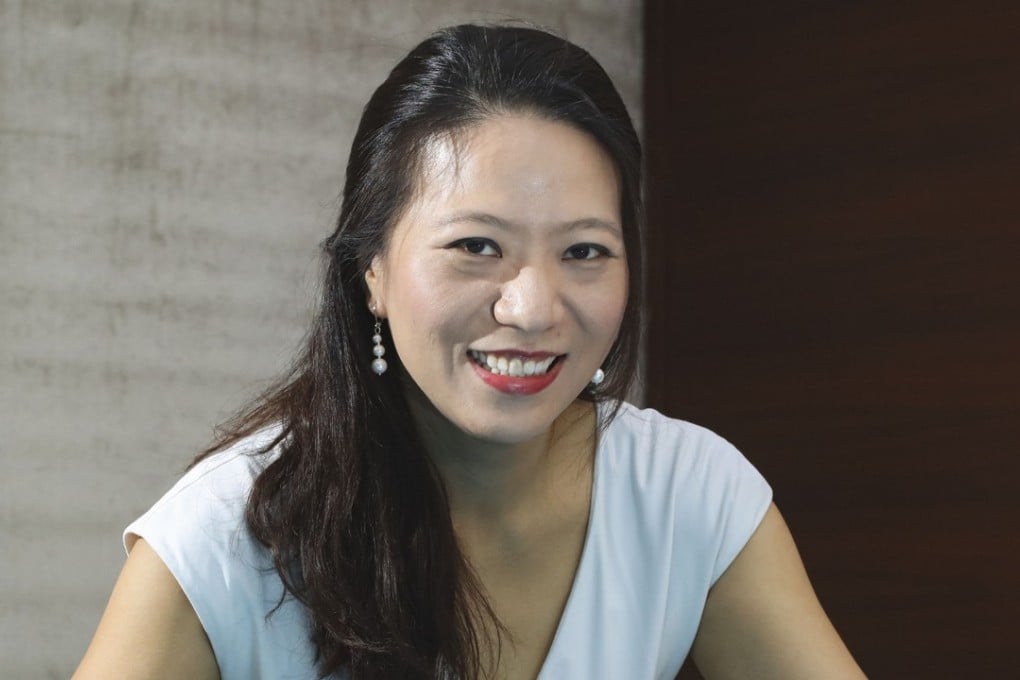Taiwanese urban designer says architecture is not just about creating iconic buildings
Casey Wang, who cut her teeth on projects with top firms Foster + Partners and OMA and co-founded Blend studio in Hong Kong in 2015, talks about the urban renewal trend in China

Which projects stand out in your career so far? “The Yale School of Management in London [with Foster + Partners]; the Taipei Performing Arts Centre [with OMA/Rem Koolhaas]; and Tencent’s Beijing headquarters in Zhongguancun, a technology hub in Haidian district, slated for completion in 2018. With a footprint of 180 metres by 180 metres, it will be able to accommodate about 10,000 staff.

What’s your aim for the firm? “Within the trend for urban renewal in Asia, especially China, I’m looking to broaden the scope of architecture to provide a better living amenity. So instead of just creating iconic buildings, we also look at the urban space. Of course, sustainability is crucial in our design approach.”
Can you give an example? “In 2015, we joined Arup on the pilot project of BEAM Plus Neighbourhood, a new standard for the Hong Kong Green Building Council that assesses sustainability performance at the early stage of a project, laying down a broader framework for sustainability principles in the subsequent development stages. This involved revamping the outdoor piazza at the Electrical and Mechanical Services Department [EMSD], in Kowloon Bay, a project that received BEAM Plus Neighbourhood platinum status and is scheduled for completion in 2018.”
Is it harder to retrofit green principles than to start with a newbuild? “Not necessarily. For the EMSD piazza, we suggested some facade elements such as green walls, replaced the heat-generating concrete floor with grasscrete [reinforced concrete formwork that allows grass to grow through it], reduced vehicular traffic and added a boutique botanical garden. It’s intended to be a welcoming space for staff members’ daily use and community recreation.”
